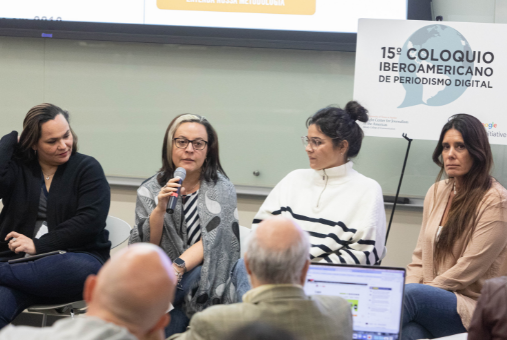
Collaboration among notable fact-checking organizations from Latin America and Spain has made possible important global data verification initiatives such as LATAMChequea, #CoronaVirusFacts Alliance and, more recently, #UkraineFacts.
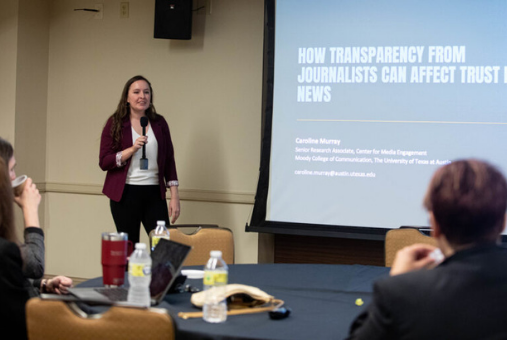
Members of the Center for Media Engagement (CME) at the University of Texas at Austin presented their research about how to better connect with communities and promote trust with news consumers during a Research Breakfast at the 2022 International Symposium on Online Journalism (ISOJ).
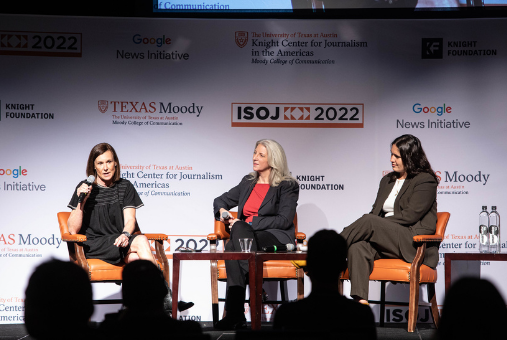
April Brumley Hingle, director of financial resources at The Texas Tribune, and Janine Warner, co-founder of SembraMedia, were the guests of ISOJ 2022 for a conversation about subscriptions, events, products, and tips on how to diversify revenue from news outlets.
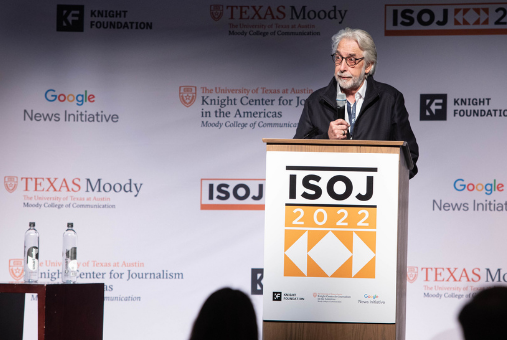
Google’s global vice president of news warned that the current media environment stifles a diversity of voices and in-depth journalism, but worries blanket regulations are not the answer. Richard Gingras’ keynote speech at the International Symposium on Online Journalism (ISOJ) in Austin, Texas, brought attention to questions about the use of more digital media in newsrooms and some of the troubling patterns he has seen in their adoption.
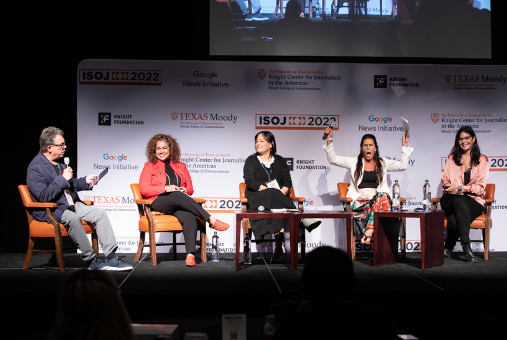
Journalists need to collaborate and form alliances to help counter misinformation in Hispanic communities, according to fact-checkers during a panel at the 2022 International Symposium on Online Journalism (ISOJ) on April 1. The panel explored the need for verified, reliable information amongst Hispanics and announced the launch of Factchequeado, a project created to help fill the gap.
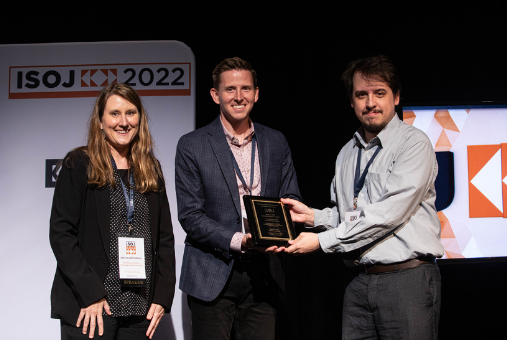
The official research journal of the International Online Journalism Symposium (ISOJ) presented in a panel the peer-reviewed official research publications about artificial intelligence (AI) and its growing interconnection with news and journalism.
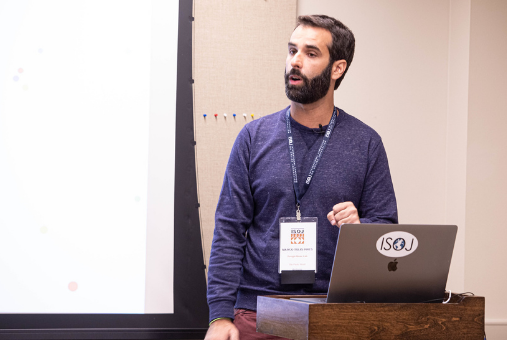
Google tools can help journalists more quickly and adeptly tell important stories in their communities, according to Marco Túlio Pires, a leader at the company’s News Lab. During a Google News Initiative workshop at the 2022 International Symposium on Online Journalism (ISOJ), Pires walked through various tools and explained how journalists can use them to advance their reporting.
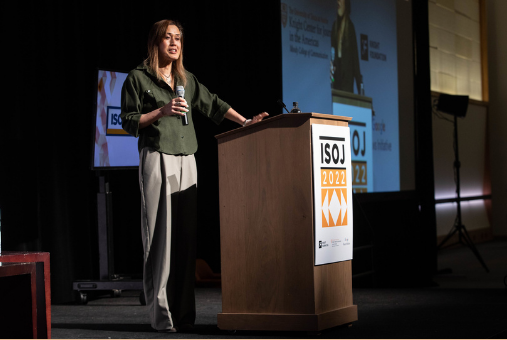
The question “What is news?” guided journalist Gina Chua during her keynote on the second day of the 23rd International Symposium on Online Journalism (ISOJ). With a 30-year plus career, the current executive editor at Reuters and soon to be executive editor at the media startup Semafor spoke about technology and representation as a means of rethinking news production.
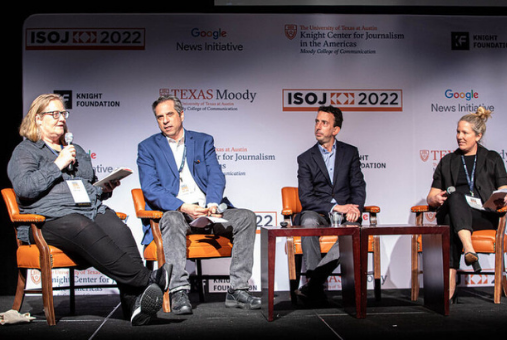
The panel “Subsidies and Regulation: How Government Initiatives Can Affect Journalism and the Digital Media Ecosystem” discussed concrete cases of public policies designed to encourage journalism in the United States and Canada.
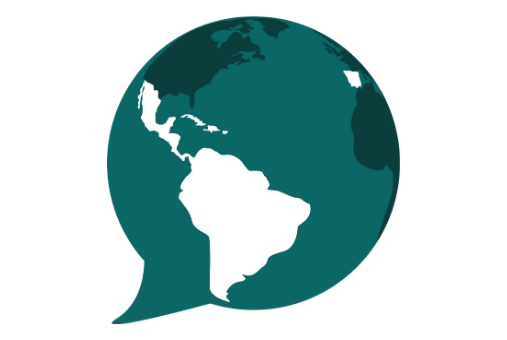
The 15th Ibero-American Colloquium of Digital Journalism will gather journalists in person and virtually from the region for discussions on innovation, factchecking and disinformation, press freedom and more.
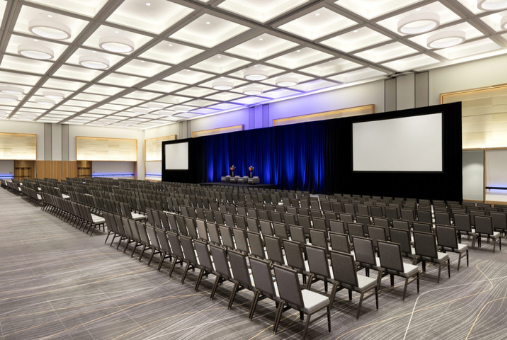
For the first time since the pandemic hit two years ago, the International Symposium on Online Journalism (ISOJ) is planning to return to Austin, but will keep online participation in an innovative hybrid format. The Knight Center for Journalism in the Americas made the announcement, along with news of keynote speakers and an initial list of panelists, on Feb. 1, exactly two months before the start of ISOJ, which takes place on April 1 and 2, 2022.
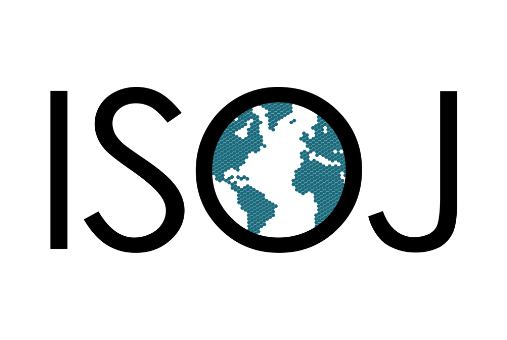
More than 7,300 people from 154 countries and territories registered for the 22nd annual International Symposium on Online Journalism (ISOJ) as the global journalism conference went completely online for the second year in a row.